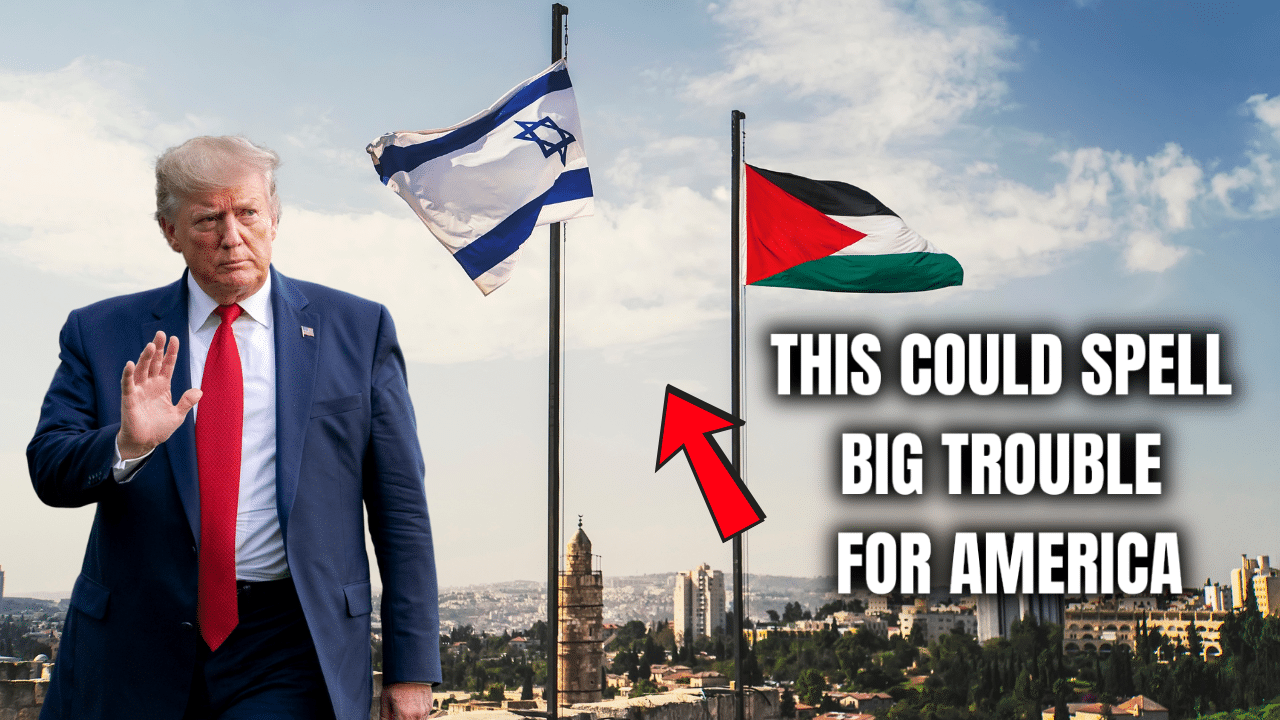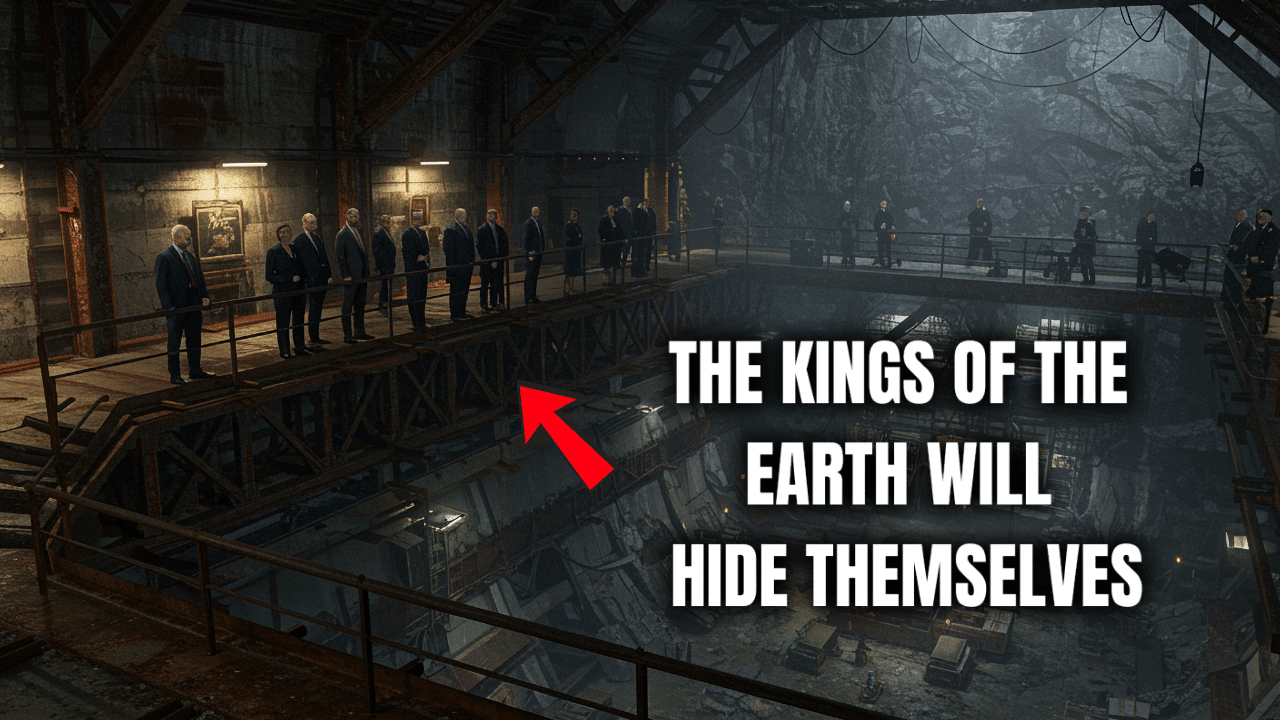Residents in northern Puerto Rico witnessed a rare tornado sweep across the city of Arecibo on Sunday as severe thunderstorms rattled the island during the afternoon hours. Several views of the swirling vortex emerged across social media from locals who captured footage of the flying debris and downed palm tree fronds.
After crews surveyed the damage on Sunday, forecasters with the National Weather Service office in the capital city of San Juan gave the twister a preliminary rating of an EF1 on the Enhanced Fujita Scale, defined by winds ranging between 86 and 110 mph. Further damage assessments will continue to compile more information about the event and the final rating of the tornado may change.
“Tornadoes are a rarity in Puerto Rico. The island is far more prone to hurricanes, having been severely impacted by storms such as Maria and Irma in 2017,” stated AccuWeather Meteorologist Thomas Geiger. On average, the island is impacted by a tropical cyclone once every year or two. The last recorded tornadic event in Puerto Rico was in September of 2019.
According to the National Oceanic and Atmospheric Administration’s storm events database, there have been a total of 21 confirmed tornadoes that occurred in Puerto Rico since 1950.
Imágenes de tornado en Arecibo publicadas por Luis Torres Santiago pic.twitter.com/QUZow1oanF
— Deborah Martorell (@DeborahTiempo) May 1, 2022
There has never been a tornado recorded with an intensity of EF2, defined by winds ranging from 111 to 135 mph or greater, in Puerto Rico’s recorded history. The tornado on Sunday was the first one ever recorded to impact the city of Arecibo. Puerto Rico Gov. Pedro Pierluisi said on late Sunday afternoon that no injuries had been reported.
Why are tornadoes such a rarity for Puerto Rico? “Tornadoes need near-perfect conditions to form, including energy and rotating winds along with a few other conditions. While this occurs more commonly in the United States, it is difficult to get the perfect ingredients on an island like Puerto Rico,” explained Geiger.


 Our content is produced by Ricky Scaparo, who authors original articles and aggregates news from mainstream sources. Ricky carefully selects topics, verifies information, and curates content with the assistance of artificial intelligence tools to ensure timely and accurate coverage. All content is reviewed and edited by Ricky to align with our mission of providing a prophetic perspective.
Our content is produced by Ricky Scaparo, who authors original articles and aggregates news from mainstream sources. Ricky carefully selects topics, verifies information, and curates content with the assistance of artificial intelligence tools to ensure timely and accurate coverage. All content is reviewed and edited by Ricky to align with our mission of providing a prophetic perspective.






